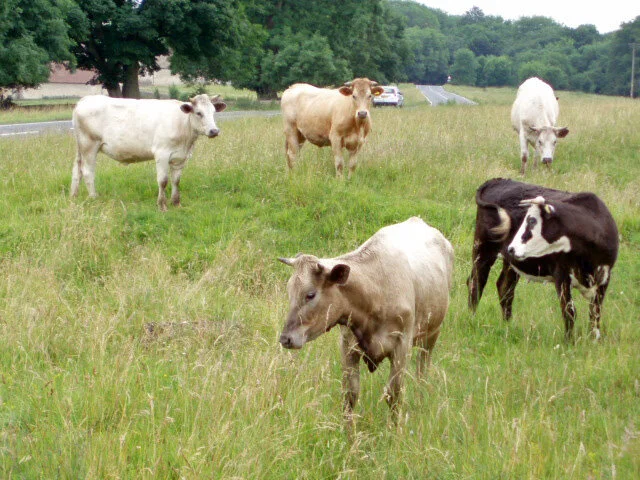The tragedy of the commons is a situation in a shared-resource system where individual users, acting independently according to their own self-interest, behave contrary to the common good of all users by depleting or spoiling the shared resource through their collective action. The theory originated in an essay written in 1833 by the British economist William Forster Lloyd, who used a hypothetical example of the effects of unregulated grazing on common land (also known as a "common") in Great Britain and Ireland.[1] The concept became widely known as the "tragedy of the commons" over a century later due to an article written by American biologist and philosopher Garrett Hardin in 1968.[2] In this modern economic context, "commons" is taken to mean any shared and unregulated resource such as atmosphere, oceans, rivers, fish stocks, roads and highways, or even an office refrigerator.
What Can Hospitals Do to Prepare for COVID-19 Cases?
New overview advises freeing up inpatient capacity for patients with suspected or confirmed coronavirus, prepping dedicated teams and planning ahead for scarce supplies and equipment.
As coronavirus continues its spread across the United States, hospitals are bracing for the influx of patients who will need care for the most serious effects of the disease it causes, called COVID-19.







